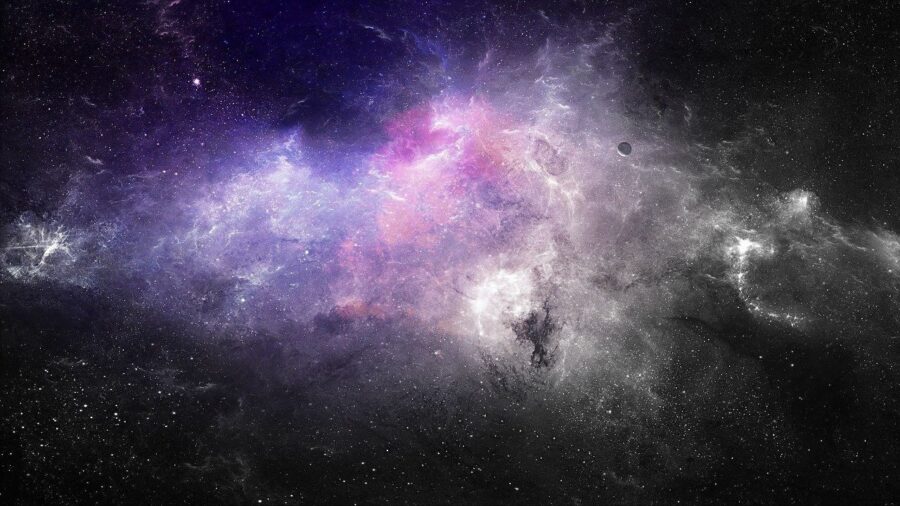Scientists Find Massive Cloud Of Water In Space, Does This Mean Life Is Out There?
Scientists have discovered a water-filled space cloud in the Orion constellation.

Water is the building block of life as we know it, which has always been a problem for us from planet Earth; scientists have searched high and low through the vast expanse of space in search of H₂O with little to no luck. We’ve been exploring the universe since the beginning of time, and as our satellite and telescope technologies further develop, we continue to make amazing discoveries with the hopes of one day finding the precious life-giving compound. A recent BGR article is telling us that we might be one step closer to being less alone in the universe because astronomers have discovered a space cloud containing water in a protoplanetary disk 1,300 light-years away in the constellation Orion.
You read that correctly; liquid water in a space cloud. This discovery has shown us that water exists in space, but in two different forms: regular water as we know it and another compound known as “heavy water,” which is water that has one of the hydrogen atoms replaced by deuterium. Before this discovery, we only knew about water found in space in the form of ice.
Many scientists speculate that the water found on Earth originated from water ice that’s found on comets, which presents an interesting question to us: where did the comets get their water from? The discovery of the water-filled space cloud may lead us to the answer we’ve been looking for by showing how the water from forming planets ultimately ends up on the celestial bodies. When planets form in a protoplanetary disk, comets form from whatever materials are left over from the process.

If all of the above is true, then we can reasonably assume that the planets forming in the protoplanetary disk are supplying water to the space cloud, which eventually forms into water ice on newly developing comets. Further research will give us a better understanding of how water is initially formed in the disk, but this information is still being processed and researched. This discovery brings us one step closer to understanding the origins of life as we know it because this is the first time we’ve detected liquid water in space.
We can thank the Atacama Large Millimeter/Submillimeter Array (ALMA) telescope that’s located in Chile for the discovery of this distant space cloud. The telescope’s ability to locate chemical signatures in protoplanetary disks is the catalyst for this discovery, and this is really just the beginning. If we’re just seeing water in the constellation Orion (V883 Orionis), there’s truly no knowing what other constellations contain similar formations to the one we discovered.
It’s a big universe out there, and there’s still a lot of space to cover.
We still don’t know for certain whether there are other forms of life in our universe, but the discovery of this space cloud is revealing to us that it may very well be possible. While experts all have their own opinions and theories on what conditions are needed for life to exist, they all agree that without water, life as we know it would not be possible. Now that we’ve found water, we’re one puzzle piece closer to figuring out the origins of the universe.












